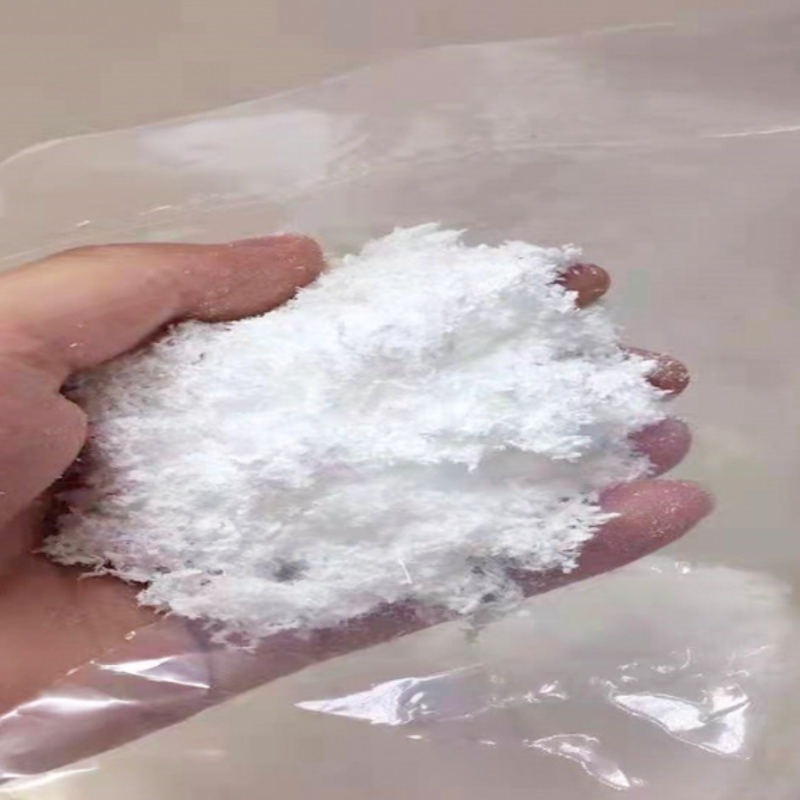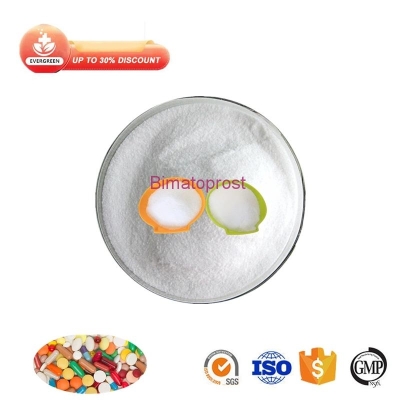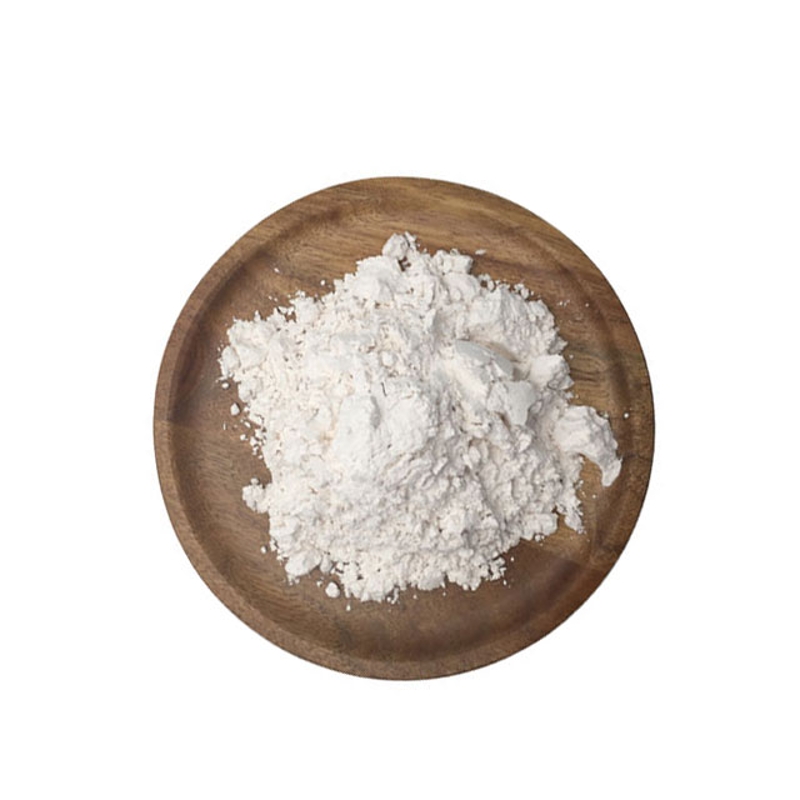-
Categories
-
Pharmaceutical Intermediates
-
Active Pharmaceutical Ingredients
-
Food Additives
- Industrial Coatings
- Agrochemicals
- Dyes and Pigments
- Surfactant
- Flavors and Fragrances
- Chemical Reagents
- Catalyst and Auxiliary
- Natural Products
- Inorganic Chemistry
-
Organic Chemistry
-
Biochemical Engineering
- Analytical Chemistry
- Cosmetic Ingredient
-
Pharmaceutical Intermediates
Promotion
ECHEMI Mall
Wholesale
Weekly Price
Exhibition
News
-
Trade Service
iNature metformin, as a first-line antidiabetic drug, has received increasing attention in the prevention and treatment of aging, cancer and cardiovascular disease
.
However, a clear mechanistic understanding of its action is still lacking, mainly due to the suprapharmacological concentrations of metformin used in most studies
.
On March 28, 2022, a team led by Li Da, a professor at Shengjing Hospital Affiliated to China Medical University and an adjunct professor at Yale University, and the team of Professor Huang Yingqun from Yale University published an online PNAS titled "Let-7 underlies metformin-induced inhibition of hepatic glucose production" Research paper, which reports the inhibition of glucose production by primary hepatocytes in a type 2 diabetes (T2D) diet and in a genetic mouse model using clinically relevant concentrations of metformin
.
Mechanistically, metformin up-regulates microRNA let-7, which in turn down-regulates TET3, causing a change in the ratio of hepatocyte nuclear factor 4α (HNF4α) isoforms and subsequent inhibition of key gluconeogenesis genes
.
Importantly, this let-7-mediated mechanism was faithfully recapitulated in T2D mice chronically treated with therapeutic doses of metformin
.
Furthermore, hepatic delivery of let-7 ameliorated hyperglycemia and improved glucose homeostasis in diabetic mice, and liver-specific inhibition of let-7 abolished these beneficial effects of metformin
.
Furthermore, let-7 overexpression reduces glucose production in obese human primary hepatocytes
.
Therefore, this study proposes reactivation of the let-7-dependent pathway that is pathologically suppressed in diabetic liver as the primary mechanism of metformin action, and liver-specific delivery of let-7 represents a potential therapeutic approach for T2D
.
The findings also have implications for the development of other chronic disease treatment strategies
.
Since its inception, metformin has more than 60 years of clinical application experience
.
Although new hypoglycemic drugs are constantly flooding into the market, metformin has a strong preventive effect on metabolic diseases, cardiovascular complications, aging and tumors due to its good single-drug/combination therapy effects, excellent health economic benefits, and strong preventive effects on metabolic diseases, cardiovascular complications, aging and tumors.
It is still the most widely used clinical first-line hypoglycemic drug worldwide
.
However, its target is still unclear, which greatly limits our analysis and application of the "magic effect" of metformin
.
Most of the previous studies have explored the molecular mechanism and function of metformin in reducing blood sugar at supraphysiological concentrations, which cannot highly restore the true metabolic and regulatory patterns in vivo
.
The team demonstrated for the first time at physiological metformin drug doses that it can inhibit TET3 function by activating hepatic Let-7, and subsequently reduce hepatic glucose production by regulating the expression levels of different HNF4a transcripts
.
More importantly, the study found that when Let-7 in the liver was specifically inhibited, the efficacy of metformin in lowering blood sugar was significantly reduced
.
This phenomenon heralds the great potential of Let-7 as an important target for the treatment of glucose metabolism disorders and related metabolic diseases 1
.
Inhibition of let-7 eliminates metformin-induced HGP inhibition in vivo (picture from PNAS) In 2020, the team first reported the molecular mechanism of TET3's involvement in regulating hepatic glucose metabolism in "Nature Communications" 2, that is, H19 in the liver inhibits Let -7 activates the transcription of TET3, and then TET3 binds to the core region of the HNF4a-P2 promoter under the specific guidance of the transcription factor FOXA2, resulting in demethylation of the P2 promoter, which in turn activates the expression of the fetal-specific transcript HNF4a-P2
.
Subsequently, HNF4a-P2 cooperates with PGC-1a to enhance PCK1 and G6PC transcription and promote hepatic glucose production
.
This study revealed the mechanism by which the "glycemic process" in patients with metabolic diseases cannot be stopped normally, resulting in the continuous maintenance of high blood sugar levels
.
The team's series of studies in recent years have revealed to us the abnormal mechanism of liver glucose metabolism and the specific way that metformin regulates blood sugar levels
.
In the future, they will further clarify the best solution to target and inhibit the abnormal glucose-raising pathway in the liver, and apply it to the treatment of glucose metabolism disorders and related reproductive endocrine diseases
.
Articles mentioned in the text: 1.
Xie D, Chen F, Zhang Y, Shi B, Song J, ChaudharidK, Yang S, Zhang G, Sun X, Taylor HS, Li D*, Huang Y*.
Let-7 underliesmetformin-induced Inhibition of hepatic glucose production.
Proc Natl AcadSci USA 2022.
DOI: 10.
1073/pnas.
2122217119.
2.
Li D, Cao T, Sun X, Jin S, Di Xie, Huang X, Yang X, Carmichael GG, Taylor HS, Diano S, Huang Y.
Hepatic TET3 contributes to type-2 diabetes by inducing the HNF4α fetalisoform.
Nat Commun 2020;11(1):342.
Reference: https:// ?af=R
.
However, a clear mechanistic understanding of its action is still lacking, mainly due to the suprapharmacological concentrations of metformin used in most studies
.
On March 28, 2022, a team led by Li Da, a professor at Shengjing Hospital Affiliated to China Medical University and an adjunct professor at Yale University, and the team of Professor Huang Yingqun from Yale University published an online PNAS titled "Let-7 underlies metformin-induced inhibition of hepatic glucose production" Research paper, which reports the inhibition of glucose production by primary hepatocytes in a type 2 diabetes (T2D) diet and in a genetic mouse model using clinically relevant concentrations of metformin
.
Mechanistically, metformin up-regulates microRNA let-7, which in turn down-regulates TET3, causing a change in the ratio of hepatocyte nuclear factor 4α (HNF4α) isoforms and subsequent inhibition of key gluconeogenesis genes
.
Importantly, this let-7-mediated mechanism was faithfully recapitulated in T2D mice chronically treated with therapeutic doses of metformin
.
Furthermore, hepatic delivery of let-7 ameliorated hyperglycemia and improved glucose homeostasis in diabetic mice, and liver-specific inhibition of let-7 abolished these beneficial effects of metformin
.
Furthermore, let-7 overexpression reduces glucose production in obese human primary hepatocytes
.
Therefore, this study proposes reactivation of the let-7-dependent pathway that is pathologically suppressed in diabetic liver as the primary mechanism of metformin action, and liver-specific delivery of let-7 represents a potential therapeutic approach for T2D
.
The findings also have implications for the development of other chronic disease treatment strategies
.
Since its inception, metformin has more than 60 years of clinical application experience
.
Although new hypoglycemic drugs are constantly flooding into the market, metformin has a strong preventive effect on metabolic diseases, cardiovascular complications, aging and tumors due to its good single-drug/combination therapy effects, excellent health economic benefits, and strong preventive effects on metabolic diseases, cardiovascular complications, aging and tumors.
It is still the most widely used clinical first-line hypoglycemic drug worldwide
.
However, its target is still unclear, which greatly limits our analysis and application of the "magic effect" of metformin
.
Most of the previous studies have explored the molecular mechanism and function of metformin in reducing blood sugar at supraphysiological concentrations, which cannot highly restore the true metabolic and regulatory patterns in vivo
.
The team demonstrated for the first time at physiological metformin drug doses that it can inhibit TET3 function by activating hepatic Let-7, and subsequently reduce hepatic glucose production by regulating the expression levels of different HNF4a transcripts
.
More importantly, the study found that when Let-7 in the liver was specifically inhibited, the efficacy of metformin in lowering blood sugar was significantly reduced
.
This phenomenon heralds the great potential of Let-7 as an important target for the treatment of glucose metabolism disorders and related metabolic diseases 1
.
Inhibition of let-7 eliminates metformin-induced HGP inhibition in vivo (picture from PNAS) In 2020, the team first reported the molecular mechanism of TET3's involvement in regulating hepatic glucose metabolism in "Nature Communications" 2, that is, H19 in the liver inhibits Let -7 activates the transcription of TET3, and then TET3 binds to the core region of the HNF4a-P2 promoter under the specific guidance of the transcription factor FOXA2, resulting in demethylation of the P2 promoter, which in turn activates the expression of the fetal-specific transcript HNF4a-P2
.
Subsequently, HNF4a-P2 cooperates with PGC-1a to enhance PCK1 and G6PC transcription and promote hepatic glucose production
.
This study revealed the mechanism by which the "glycemic process" in patients with metabolic diseases cannot be stopped normally, resulting in the continuous maintenance of high blood sugar levels
.
The team's series of studies in recent years have revealed to us the abnormal mechanism of liver glucose metabolism and the specific way that metformin regulates blood sugar levels
.
In the future, they will further clarify the best solution to target and inhibit the abnormal glucose-raising pathway in the liver, and apply it to the treatment of glucose metabolism disorders and related reproductive endocrine diseases
.
Articles mentioned in the text: 1.
Xie D, Chen F, Zhang Y, Shi B, Song J, ChaudharidK, Yang S, Zhang G, Sun X, Taylor HS, Li D*, Huang Y*.
Let-7 underliesmetformin-induced Inhibition of hepatic glucose production.
Proc Natl AcadSci USA 2022.
DOI: 10.
1073/pnas.
2122217119.
2.
Li D, Cao T, Sun X, Jin S, Di Xie, Huang X, Yang X, Carmichael GG, Taylor HS, Diano S, Huang Y.
Hepatic TET3 contributes to type-2 diabetes by inducing the HNF4α fetalisoform.
Nat Commun 2020;11(1):342.
Reference: https:// ?af=R







